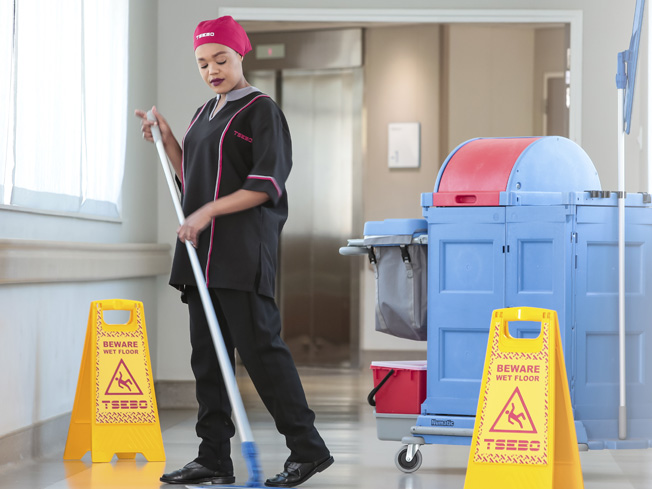Alright, let’s be real: the job market’s a jungle these days. Everyone’s hustling for that edge, and weirdly enough, cleaning and hygiene learnership are having their moment. Who would’ve thought, right? But after all the chaos with COVID, people finally get that professional cleaning isn’t just about waving a mop around—it’s about keeping everyone alive and kicking.
So, what’s the deal with learnerships? Basically, think of them as a mash-up between hitting the books and getting your hands dirty at work. In South Africa, for example, these things are legit—SETAs stamp their approval, and they fit into the National Qualifications Framework. Perfect for folks just out of school or anyone stuck in the unemployment quicksand. You actually pick up real skills and get a bit of cash in your pocket while you’re at it. Not too shabby.
Why even bother with cleaning and hygiene? Well, let’s not sugarcoat it: after the whole pandemic mess, everyone’s suddenly obsessed with surfaces, germs, and eco-friendly sprays. Hospitals, hotels, offices, schools—literally everywhere needs people who know what they’re doing, not just someone with a bucket and a prayer. Certification matters now.
So, what do you actually do in one of these learnerships? Usually, it’s a year of splitting time between classrooms and real-life cleaning. You’ll cover stuff like:
– Cleaning basics (yeah, there’s more to it than you think)
– Health & safety rules (nobody wants a lawsuit)
– What chemicals NOT to mix unless you want a new hairstyle
– The whole recycling and waste gig
– Infection control—because, well, you know why
– How not to sound grumpy when someone asks for extra toilet paper
At the end, you can snag a National Certificate in Hygiene and Cleaning (NQF Level 1 or 2). Actual proof you know your stuff.
Why sign up? For starters, you get paid—nothing crazy, but hey, money’s money. Plus, you walk away with skills you can use on day one at a new job. People who finish these programs don’t just stick to scrubbing floors; you can move up to supervisor, hygiene specialist, or even start your own cleaning gig if you’re feeling bold. And honestly, the soft skills—talking to people, working in a team, acting like a pro—those go a long way wherever you end up.
Employers love this stuff, too. Trained staff = less drama, fewer screw-ups, and better compliance with health codes. It even helps companies tick boxes for BBBEE points, if you care about that sort of thing. And guess what? People who get decent training usually stick around, so less hiring headaches.
Look, it’s not all sunshine. Getting these learnerships running takes some serious teamwork—government, trainers, companies, everyone’s gotta be on board. Funding can be a pain, and you need good mentors. Still, the industry’s shifting. Green cleaning, eco-friendly solutions, infection control—these are hot topics now, and people who know their way around them? They’ll always have a shot.
Bottom line: a learnership in cleaning and hygiene isn’t some dead-end gig. It’s a solid launchpad into a field that actually matters. Whether you’re looking for your first real job or you want your staff to stop cutting corners with bleach, investing here just makes sense. Cleaner workplaces, safer people, and maybe—just maybe—a future that doesn’t stink.

How to apply for this learniship.because I see the apply here arrow I click it but it doesn’t show me where to apply